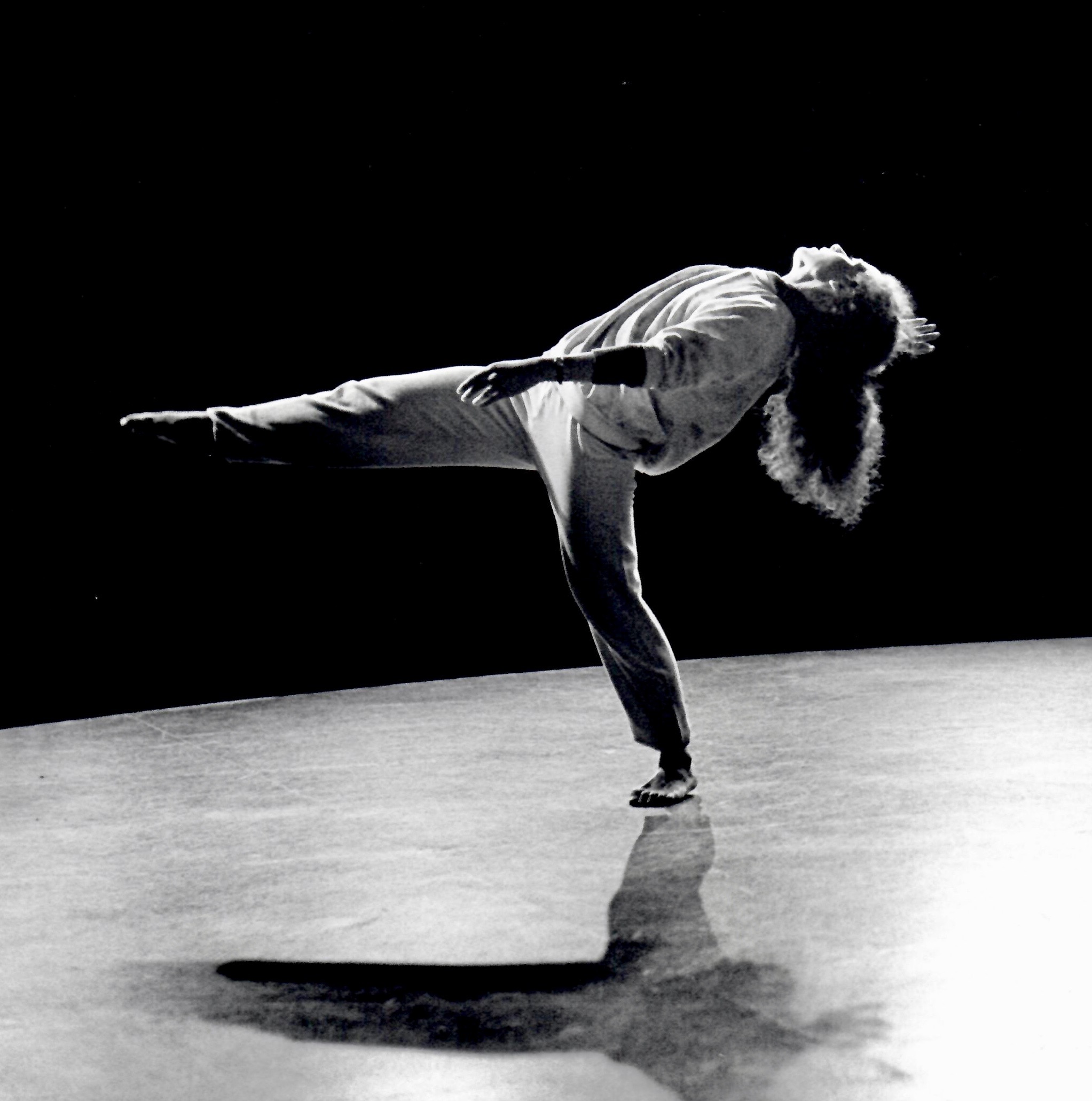It is with mixed feelings that I begin to write this blog because it is about a piece that I was so proud to have in Avodah’s repertory, and yet today I realize, as with many other pieces I choreographed between 1972 and 2000, a lot of my thinking has changed. It is also a strange day outside with no sun and very heavy fog. I am feeling weighed down. A bit of inspiration, much needed at the moment, came earlier today when I listened to a presentation by Christiana Figueres that is part of Awakened Action 2020 Resource Page at Upaya Zen Center. It’s entitled “Transforming Climate and Global Realities” and she shared the program with Jane Fonda. Among the things she spoke of were 6ththings we can learn from COVID 19 that are very relevant to all the problems we are facing today. One of those is the success of feminine leadership. The countries led by women, with New Zealand being a prime example, are much better off. She contributes this to the fact that women are better listeners, are humble and are guided by collective wisdom. This certainly resonates a lot with me and perhaps in some small way was hovering in my mind back in 1984 when I created a piece for Avodah based on the M’Chamocha prayer. Reflecting back on the piece today, I can see some seeds there that I can relate to.
There are many places on the Internet to learn about the M’Chamocha prayer so I am not going to spend much time writing about that. Instead I want to share that the reason I decided to create this piece (which could be danced both in Shabbat services and in concerts) was that the prophetess Miriam is associated with the prayer and related text, and Exodus 15:20 says Miriam “took a timbrel in her hand, and all the women went out after her in dance with timbrels.” I was constantly looking to know more about biblical women at the time, and of course how appealing it was that the word “dance” is connected with Miriam here. But as many people have written, there are elements in the surrounding biblical text that are troubling. Particularly that the Israelites are celebrating while the Egyptians are drowning in the sea. Fortunately there is a midrash that says God told the angels to stop dancing and celebrating, as the Egyptians are “my children” too and they are drowning. This midrash inspired the middle section of the piece, where the women show compassion to each other and for the Egyptians, and that is the section I can still relate to today.
The piece was commissioned by Temple Emanuel in Cherry Hill, NJ with music composed by Cantor Deborah Bedor, then a cantor on Long Island. It was especially meaningful to be working with a woman composer on this piece. Later she would compose another piece for us based on the wedding ceremony.
What I remember most about this piece was how much I enjoyed the beautiful dancing of the three women. I loved the beautiful interpretation given by the many women who had roles in this trio through the years. For me the heart of the piece is compassion, and through compassion an appropriate kind of appreciation of freedom can come, not a celebration when someone else is dying. More than ever, leadership with compassion is the bottom line. May each of us hold compassion in our hearts as we struggle through our various challenges.
Please continue to scroll down and see some of my favorite pictures of the M’chamocha in rehearsal. One rehearsal outside by a lake and another while on tour in the San Francisco area.

Sitting from l. to r. Beth Bardin and Kezia Gleckman Hayman

These two pictures were taken when we were “in-residence” for a summer program and had some free time. I thought the lake made a beautiful setting to run the piece.


These two photos of Kezia were taken by Tom Scott in a rehearsal (onstage) of the piece.
Biblical quote that inspired the piece:
“Then Miriam the prophet, Aaron’s sister, took a timbrel in her hand, and all the women followed her, with timbrels and dancing” (Exodus 15:20).
[print_link]

